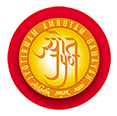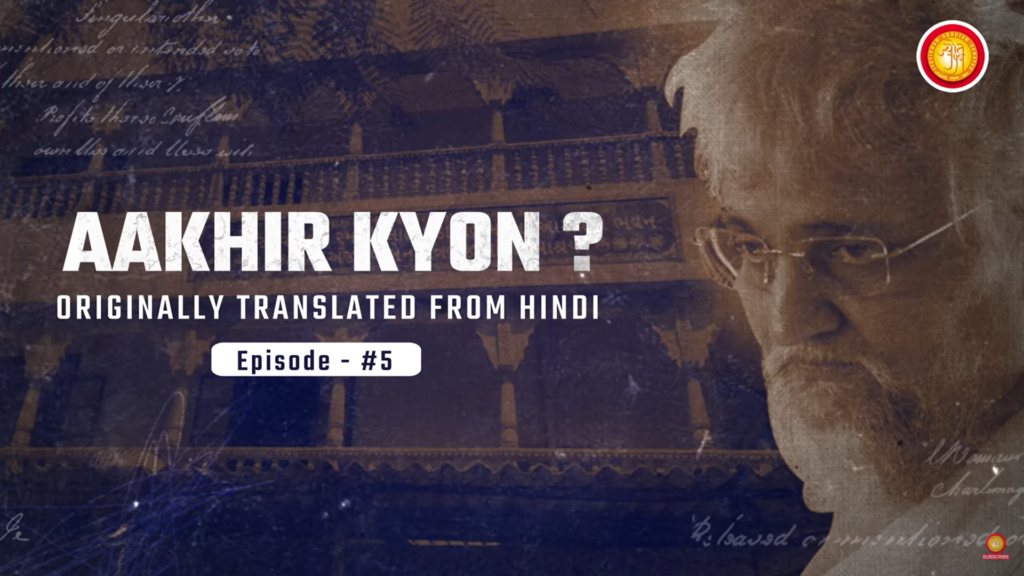Question: Does Pandit Maharaj Ji not accept the system of Sadhus taking the consent of the Gruhastha (householders) for staying in the Upashray?
Gachchadhipati Pujya Pandit Maharaja
In the commentary on the great Aagama Sri Brihatkalpasutra, the Scriptural author Bhagwant says that:
तत्र देवेन्द्र-राजावग्रहयोर्मनसैवानुज्ञापनं करोति, गृहपत्यवग्रहस्य मनसा वा वचसा वा, सागारिक-साधर्मिकावग्रहयोर्नियमाद् वचसाऽनुज्ञापना, ….. ॥६८४॥
In this sutra (scripture), the method of taking the Avagraha (consent) of those five persons, who have rights related to the Kshetra (areas of dominion), has been shown.
The first two avagrahas are those of Indra Maharaja and Chakravarti and while staying in the Upashray, their consent has to be taken by “Mann” (mind / thoughts). The third avagraha of grahapati i.e. Mandalik king, consent has to be taken, based on the situation, either through “Mann” (mind / thoughts) or “Vaani”(speech). Whereas it is necessary to obtain the consent through “Vachan” (words/speech) of the Shayyatar i.e. the owner of the house / place and Sadharmik i.e. other Mahatmas already residing at that place.
Here the question that has been asked is about the house owner i.e. the Shayyatar. Therefore, we will try to understand a little about the permission of the Shayyatar.
The owners of home or private upashray (where sadhus dwell) are known as Shayyatar. In the same way, the patrons/donors who have contributed for the construction of an Upashray, and the Upashray is dedicated to the Shree Sangh, are considered as Shayyatar. Which is a prevalent system.
From the very beginning, these Shayyatars have given a perpetual consent to allow the stay of all Tapagachch sadhus / ascetics. So while staying in such Upashray, the consent of the Shayyatar is automatically in place, then too, in order to keep the scriptural practice prevalent, there is a well-known practice of dwelling in the Upashray by informing any local Shravak (devotee) or administrator or volunteer present at that time.
While accepting medicines, etc. from any Gruhasthas, the consent for use has already been obtained from them. It is a practice from Mahatmas to take permission from any Gruhastha before consumption. For this reason, Mahatmas give Dharmalabh to any other Gruhastha present there. Some what similar behaviour takes place for these types of Upashrayas.
Whereas in cases where it is not a public place, but privately owned home or Upashray, it becomes mandatory to obtain the consent of the Gruhasthas generally.
Otherwise, the Trustees are neither the owners nor the shayyatar of the sangh’s upashray. Therefore, they do not have any independent right to allow or not allow the Mahatmas to stay in the Upashray based on their own free will. They only have the right to manage according to the rules and regulations. This fact is important for everyone to keep in mind.
You may also like
-
Who Has Ownership And Swamitwa Of Religious Places? | Aakhir Kyon Eng (Translated From Hindi) Ep-7
-
Trustees Are Not Shayyatars | Aakhir Kyon Eng ( Translated From Hindi ) Ep-6
-
Trustees Cannot Have The Right To Prohibit | Aakhir Kyon Eng ( Translated From Hindi ) Ep-4
-
Reason To Enter Despite Prohibition | Aakhir Kyon Eng ( Translated From Hindi ) Ep-3
-
Reason To Enter Navroji Lane Upashray | Aakhir Kyon Eng ( Translated From Hindi ) Ep-1

